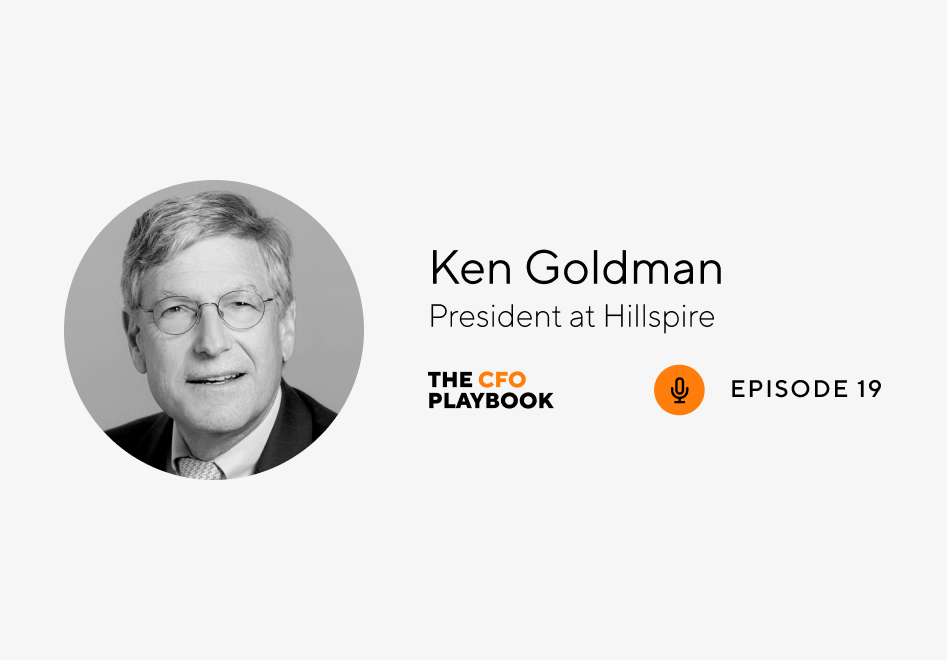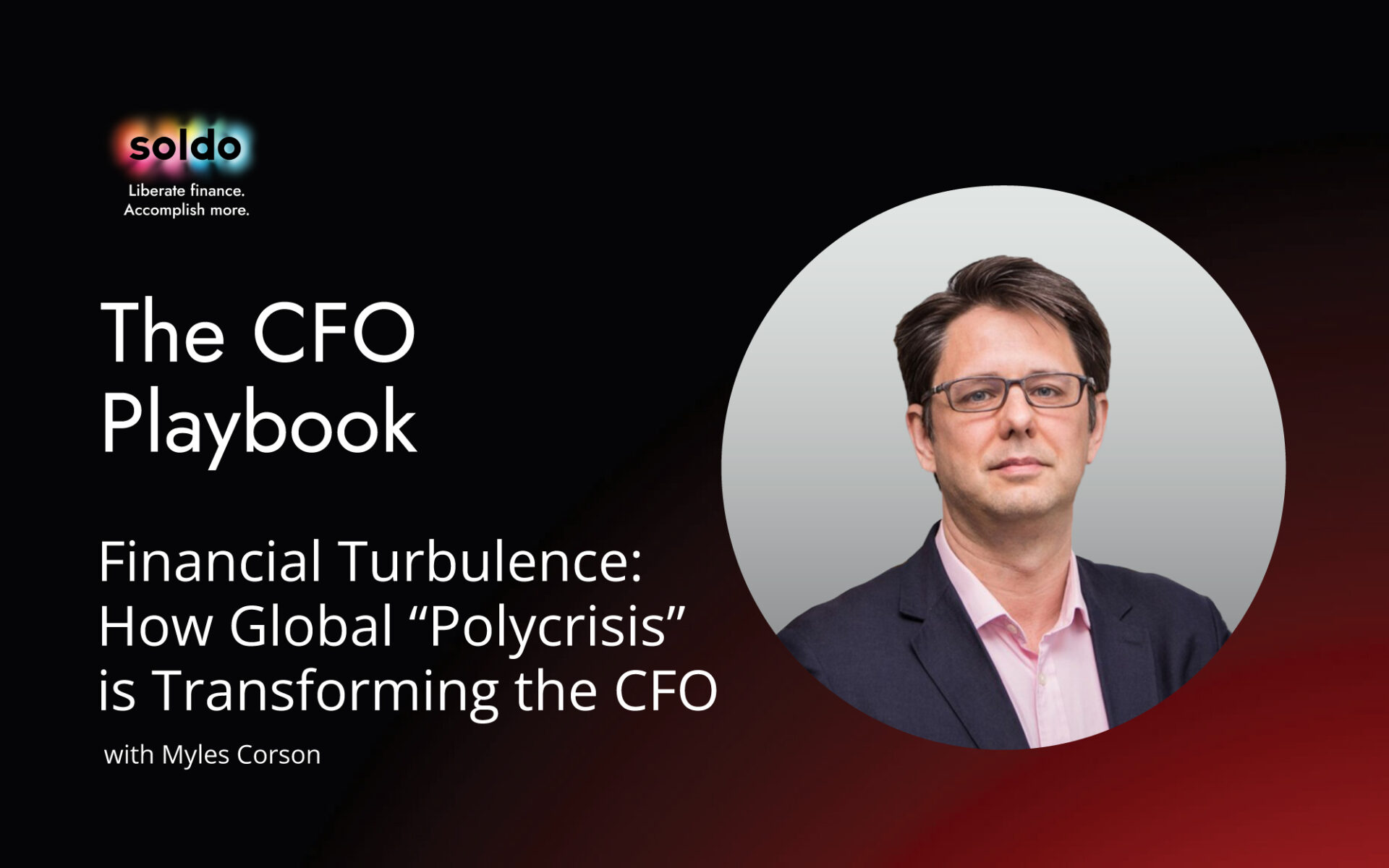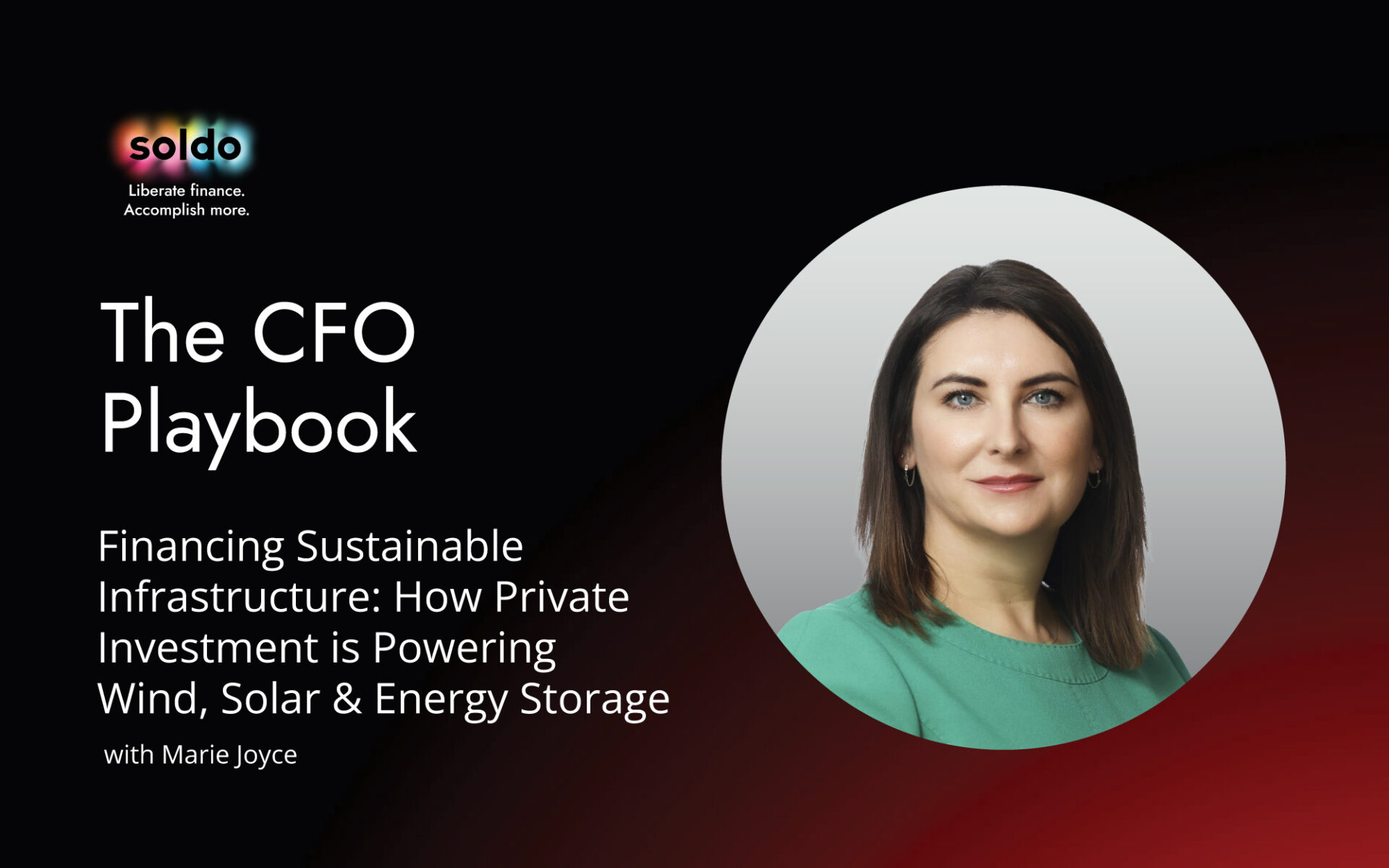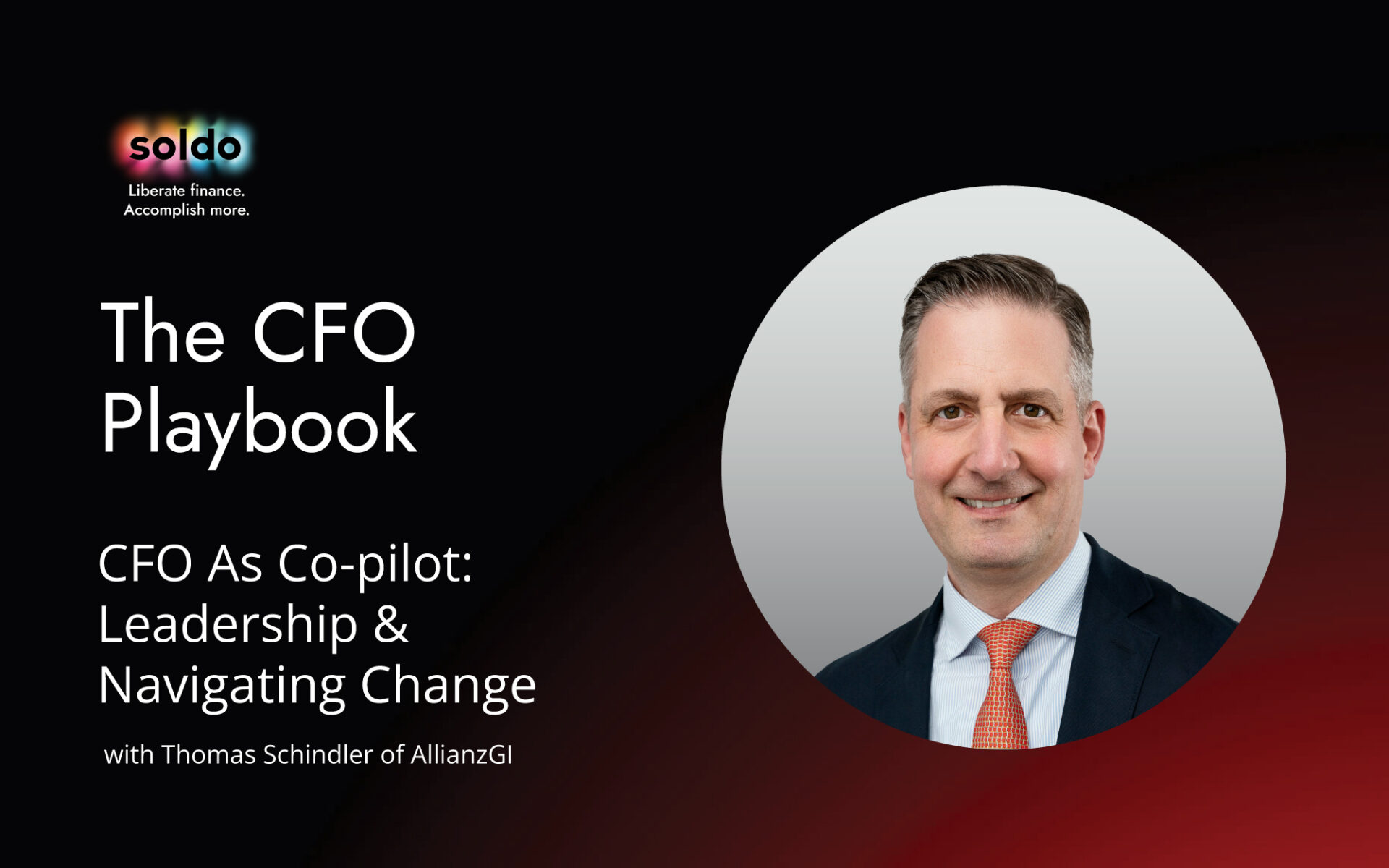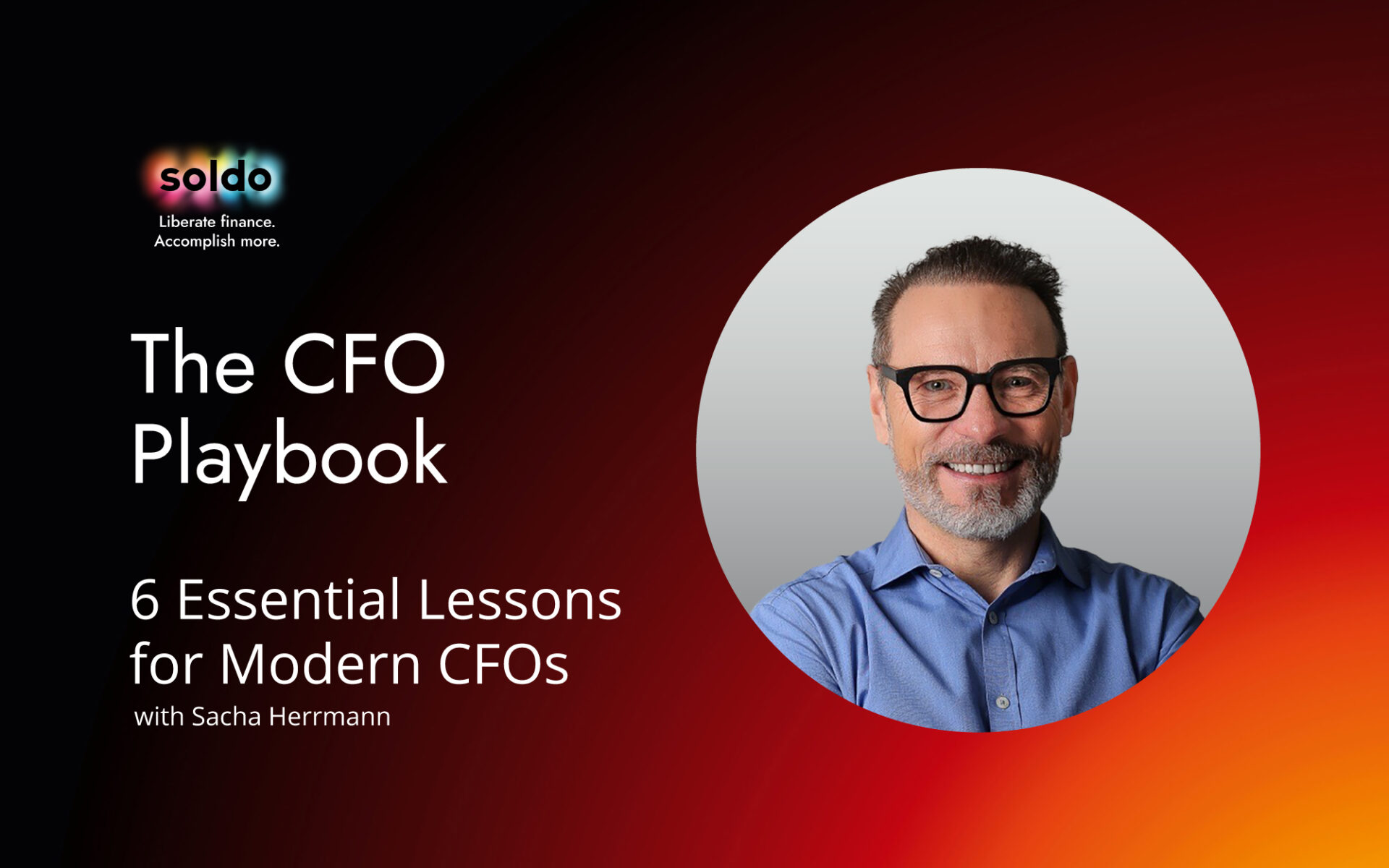Episode Summary
When Ken Goldman became CFO of Yahoo in 2012, he had more experience in business administration than accounting. But he used his background to his advantage, approachng the CFO role from a globalist perspective.
To Ken, the relationship between the CEO and CFO of a company is vital to its success. A CFO’s job is to provide objective counsel to the CEO, who can use that information to make informed decisions about a company’s future.
Ken values having positive relationships with everyone in the company, including the board members and the engineering and accounting teams. A strong, company-wide rapport encourages collaboration in administrative and accounting tasks, and ensures sure everything runs smoothly.
Ken’s philosophy is to assume the best of your team and give them the benefit of the doubt, encouraging people to do their jobs as well as they can. If there’s one thing he wants to be known for, it’s handling professional relationships with care.
In this episode of The CFO Playbook, Ken discusses the importance of software system management, maintaining relationships between activist investors, and work-life balance.
Guest Analysis
Name: Ken Goldman
What he does: Ken is the president of Hillspire, the family office for philanthropists Eric and Wendy Schmidt. He served as CFO of Yahoo from 2012 to 2017.
Key Quote: “[Being a CFO] is a demanding role. It requires getting along with your peers, the CEO and a board, and earning the respect of the team, because they will make or break your career.”
Where to find Ken: LinkedIn
From Ken’s Playbook
There’s a new path to becoming a CFO.
Ken’s background has been more in business than accounting, and he says that seems to be the way of the future. CFOs today can come from a variety of places, like investment banking and consulting, and more business school graduates are seeing the role as a possibility. To Ken, being a CFO is the best job coming out of business school, and as more companies are going public, it’s an exciting time to get into the work.
Figure out the most efficient way to close.
Monthly and quarterly closing can be one of the most stressful accounting tasks. Luckily Ken has some tricks to keep everything moving. Don’t procrastinate on getting your reserves and accruals together, so you can get some of the most important decision-making done before the close. Create a culture that prizes closing quickly as a mark of excellence, so your whole team is motivated to contribute. Accelerating the monthly and quarterly closing process is one of Ken’s top priorities: the quicker you close, the sooner you can look ahead to your company’s future.
Find the sweet spot in administrative systems.
According to Ken, the foundations of finance and accounting are the team and the systems.It’s important to find software that meets your company’s needs, without making everyone juggle too many different systems. The CFO’s job is to find ERP and CRM platforms that make sense for the company, thinking long and hard about how to integrate that software to expedite your finances and keep everything in order.
Don’t scoff at work-life balance.
Ken says that attitudes to work-life balance are improving. It’s now considered healthy and even essential to take vacation, and to take care of yourself. For Ken, being physically and mentally fit go hand in hand. He works out every day, picking up some sports to keep things fun. You only live once!
Episode Highlights
Assuming the best of your team
“I come in with a perspective that everyone in my team is good unless they prove me otherwise. Especially when working with a team you’ve inherited, you’ll gain a lot of credibility if you give them a chance to succeed instead of assuming they’re not up to the task. I’m very loyal, and I defend and support my team. One of my jobs has always been to push for higher compensation for them.”
Paying attention to the nitty-gritty finance details
“You don’t appreciate finance until it’s not working. When it’s not working, you find out that it’s a pretty important function, and there are a number of things you can’t afford to get wrong: your regulatory obligations, your internal controls, your overview of cybersecurity, your relationship with your external auditors. And in today’s world, you need to be ahead of the game on ESG and DEI.”
How to work with activist investors
“There is no perfect playbook with activists. First of all, listen to them. They often come with very good ideas, some of which are not necessarily implementable, but they’re good to listen to. Be respectful, give them an ear, listen to them. Then I would bring on outside advisors to help you work with the activist investors in a collegial way, because ultimately, most of them are aligned to improve the company financially.”
Finding the balance when advising the CEO
“The CEO is a lonely role. Many people go to the CEO and just tell them what they want to hear. But a CFO has a job to do, which is to be independent and objective and give advice. A CFO has to be very careful, because if you have a different opinion to your CEO in a board meeting, you certainly don’t want to just pipe up, because that might be perceived as adversarial. However you’re also the one in the CEO’s group of direct reports that is expected to provide advice and counsel.”
Why you should care about earning the respect of the whole team
“If the people in the engineering department or the marketing department don’t like working with you, they’ll go to the CEO and tell them you’re not working with them, and the CEO will look at that very closely to see if you’re the right person. You don’t have to agree with them about everything: but if you don’t have a rapport with the functional or divisional teams in your organization, it will have a major influence on your ability to succeed with the CEO and the board.”
Top quotes:
“Simple things like payroll just have to work. You have to pay your bills, you have to do the collections. Cash flow is really important. I see a lot of lazy cash management in companies. Hiring the right people goes a long way to making sure you get all of these things right.”
“All senior jobs require the ability to manage people. You don’t learn that by books, you learn that by trial and error, and you find things that work for your style. Getting a job early in my career which involved managing people as well as all the major functions of finance was important.”
“I feel like my CFO role helped my boards and my boards helped my CFO role: there was a virtuous cycle.”
“There’s a huge imbalance today between supply and demand of CFOs. And frankly, for all those listening, it is a great role to go into. The demand for CFOs is insatiable.”
